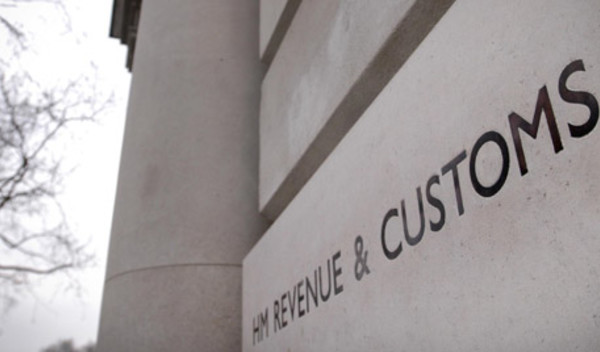

Personal pension providers have called for clear rules around non-cash pension contributions after HMRC refused the bulk of tax relief claims put forward last year.
During 2016, 34 self-invested personal pensions (Sipp) and small self-administered schemes (Ssas) were refused tax relief claims on in-species pension contributions.
In specie contributions are where an asset from outside of a pension scheme is transferred into a pension scheme instead of selling it and using the cash proceeds to fund the contribution.
Problems can arise where the value of the transferred asset doesn't match the promised contribution. This was a focus of HMRC's attention in late 2016.
The current high rate of refusal by HMRC has led the Sipp and Ssas industry to demand greater clarity on the rules around these contributions, perhaps limiting qualifying assets to those that are more easily valued.
As it stands there are no formal rules around what types of assets can and cannot be added to a pension in lieu of cash, though HMRC has made it so difficult for pension providers to claim tax relief on in-species contributions that many have stopped accepting them.
Robert Graves, head of pensions technical services at Rowanmoor, said HMRC has likely been spooked by too many instances of inappropriate values being applied on difficult to value assets, which has prompted them to err on the side of refusal for tax relief.
The high level of refusal rates has in turn put off pension providers from accepting such contributions, and this is unlikely to change until HMRC can set out clear rules on what will be accepted on tax relief claims.
“How can we put in a claim for tax relief when we don’t know for sure whether HMRC are going to honour that? We’re in that hiatus period at the moment. The industry can’t use that process at the moment until there is clarification, and that’s a detriment to clients,” Mr Graves said.
He suggested that HMRC put out formal legislation that could list classes of assets that would be reasonably easy to value and would be accepted for tax relief claims, like shares or property, while excluding assets that are more difficult to place a firm value on, such as intellectual property.
“It would be even better if they could move forward with a change of regulation that says yes, you can make a contribution by transfer of these classes of assets but not other classes,” Mr Graves said.
“From an industry point of view I’d say that’s the ideal compromise or solution would be a change to allow a straightforward contribution of certain types of assets.”
Martin Tilley, director of technical services at Dentons Pension Management, said that a limited list of qualifying assets could be a “consideration”, but that ensuring a process where assets are fairly valued should also be a priority.
“What the market needs is clarity from HMRC as currently as a precaution no one is accepting in specie contributions. Either HMRC should be clear and arrange amended legislation so that they are or are not clearly acceptable. If they are, there should be no restriction as to what assets can be accepted provided they can be accurately and fairly valued.”
Mr Tilley warned that in-species contributions should “absolutely not” be banned as anything that will make it easier for individuals to save into a pension should be encouraged.
“We believe that individuals and companies who are asset rich, but liquidity poor should not be penalised for having to sell down assets to cash to pay contributions only to buy them again and incur losses as well as incur potential market risk issues.”
Greg Kingston, head of product and insight at Suffolk Life, said that the problem of improperly valued assets is an issue that HMRC must address across various areas of the financial services industry, and that a joint effort between providers and regulators is to find a thorough solution to the problem.
“If HMRC is concerned with inaccurate or variable valuations of certain assets then this should not be limited to claiming tax relief for in specie contributions: they would naturally also be concerned with benefit crystallisation events and the risk of ‘overpaying’ tax free cash.
“A consistent, joined up approach is needed, and what HMRC really need to do now is openly engage with the industry and work toward clarity.”
julia.faurschou@ft.com



